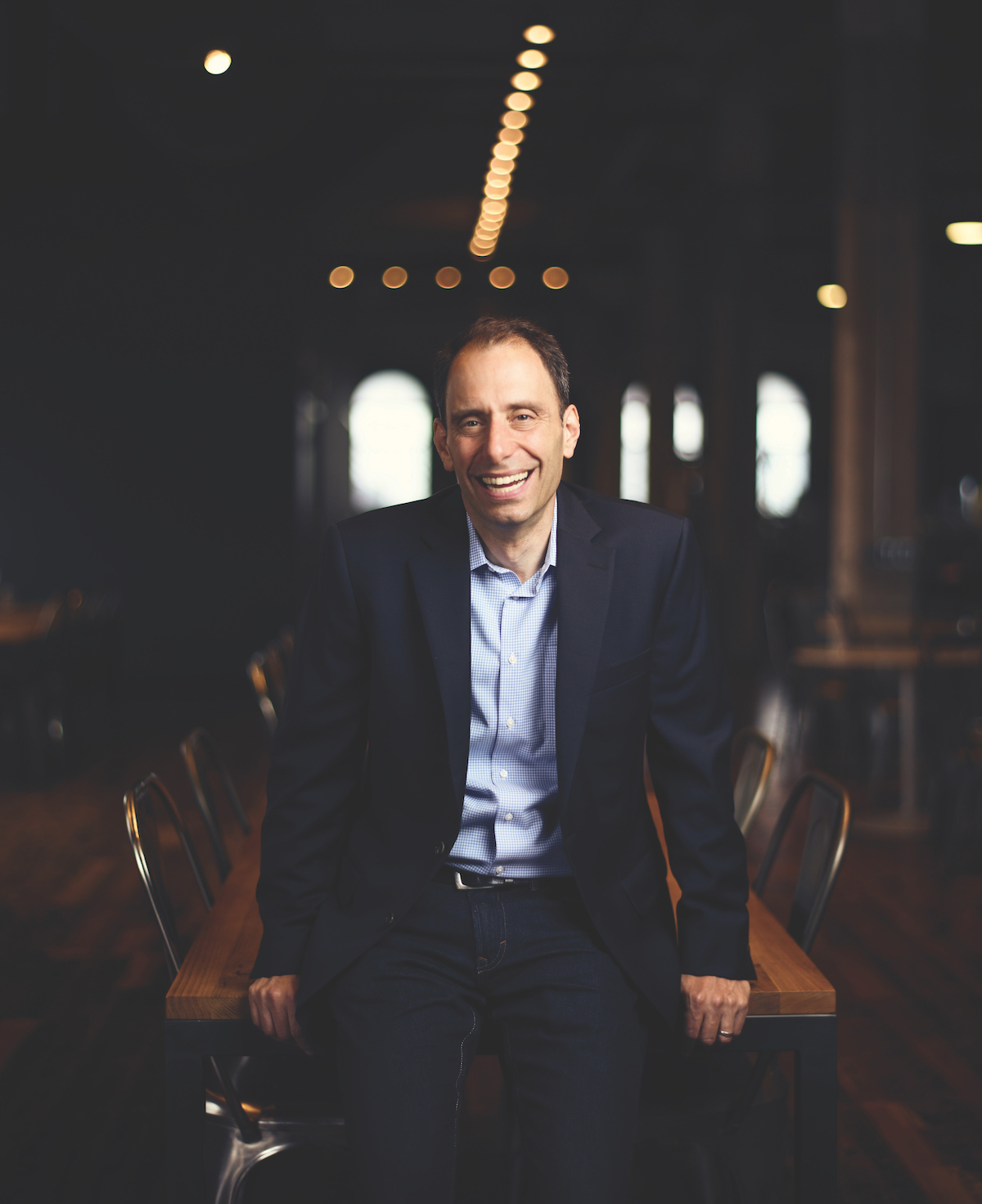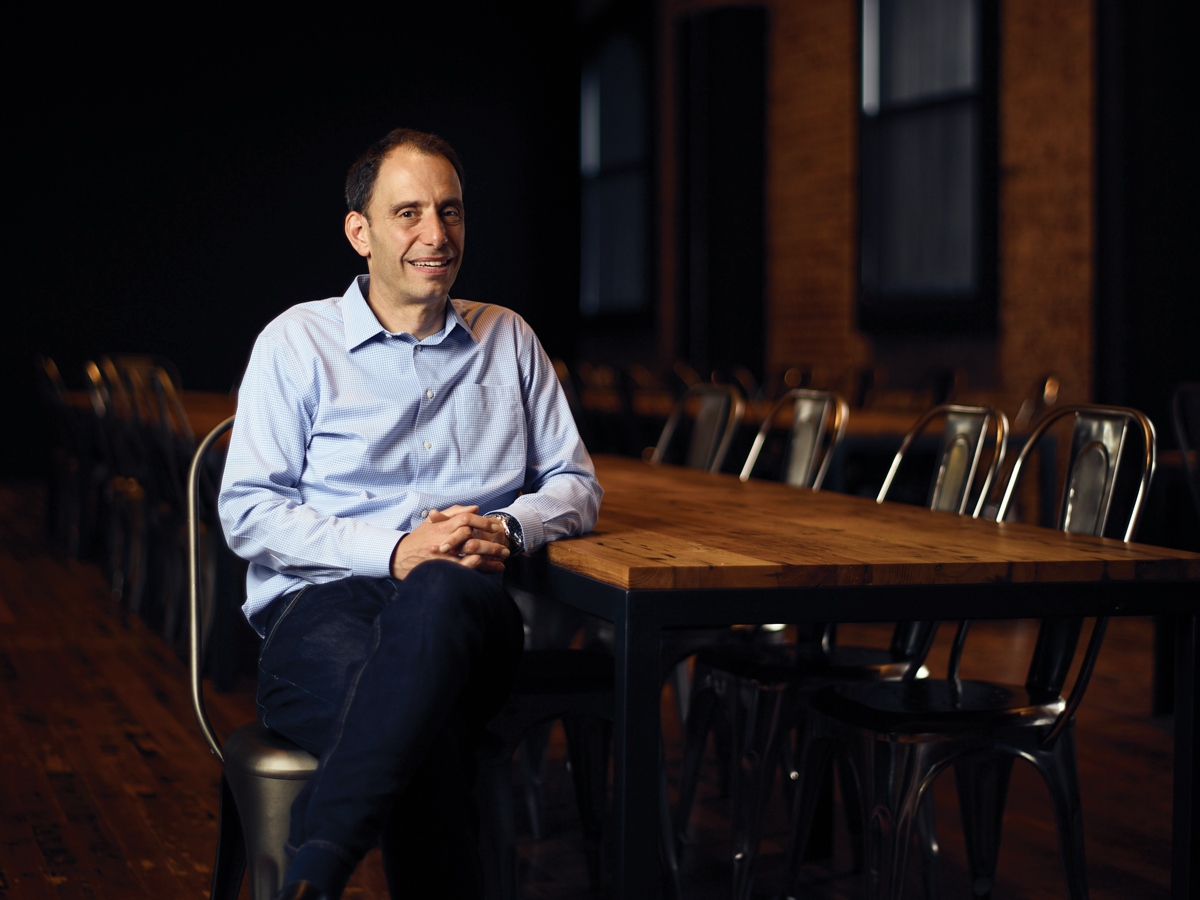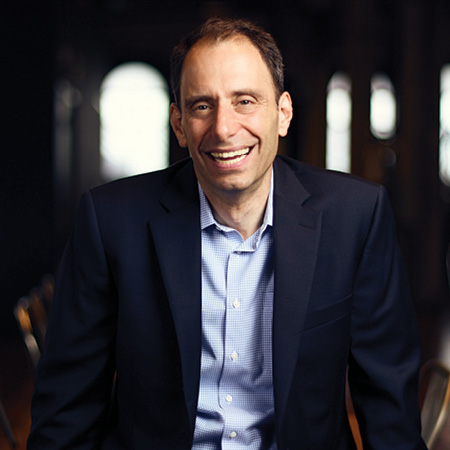Crowdfunding powerhouse Indiegogo has launched more than 600,000 campaigns from 223 different countries since its inception, raising around US$1 billion in total. Now, as it’s looking to expand its portfolio of services into the equity crowdfunding arena and even provide market research portals for multinationals, current CEO David Mandelbrot shares details about the work of Indiegogo and why it plays a vital role in the support of entrepreneurs.
The CEO Magazine: How did you first come to work with Indiegogo?
David: It is a nice story for me, I first heard about it when I was with my previous company Nextread, which I co-founded. We had a board member who was also on the board of Indiegogo, who would tell me all about this exciting company that was growing fast and helping entrepreneurs. When Nextread was acquired, Indiegogo was looking for a new operations guy. I started with the company in mid 2013 and I was just immediately taken by it, I was really excited about its mission and helping these entrepreneurs achieve their dreams. The following year, I became Chief Operating Officer, and then I officially became the new CEO when former-CEO and Co-Founder Slava Ruben stood down in January 2016.

How does Indiegogo support entrepreneurial campaigns?
Crowdfunding is becoming a more commonplace way for entrepreneurs to launch their products, and many choose to launch campaigns on our platform. Through Indiegogo, the public can choose to fund certain products or ideas instead of just venture capitalists. As well as hosting the campaign, we provide them with some best practice and tools to help their campaign to thrive. Two years ago we also launched a new product called ‘In Demand’ — normally crowdfunding campaigns last for about two months, but this new platform enables entrepreneurs to continue to take orders and accumulate funding throughout its lifecycle, so our relationship with them can last months or years.
Often entrepreneurs don’t have much leverage in their discussions with necessary stakeholders who help them along the way. If an entrepreneur is raising money from venture capitalists but they haven’t sold any products yet, then the venture capitalist has the upper hand, and it’s the same with retailers that agree to stock their products. To have evidence of a market that is interested in paying for a product they’re developing helps to even the playing field.
What are some of your favourite projects that Indiegogo has supported?
A recent favourite project of mine was the Flow Hive — a project that was created by a father and son team from Australia. With all the concern currently around bees, they developed a better beehive that allows easy extraction of honey without disturbing or harming bees. They put their project on Indiegogo at the beginning of 2015 and they were hoping to raise US$70,000 so that they would be able to manufacture the beehive, and within two months they had raised US$12.2 million. They now they have a very successful business.

Indiegogo assists in the crowdfunding campaigns through the whole product cycle — not just the fundraising, but also with the marketing, manufacture and retail, and that’s only possible through our strategic business partners.
In 2014 we also had a campaign called Solar Roadways, which was developed by an entrepreneurial husband and wife team in Idaho. They had the idea that since the roads that we drive on are so often in direct sunlight, they should have solar panels that can power the cars that are running on them. They raised more than US$2.2 million using our platform and in 2015 President Barack Obama mentioned them in his State of the Union address, citing them as entrepreneurs that were creating something truly innovative. They are about to implement the first real Solar Roadway in a public area.
How does Indiegogo work with its business partners to support entrepreneurs?
Indiegogo assists in the crowdfunding campaigns through the whole product cycle — not just the fundraising, but also with the marketing, manufacture and retail, and that’s only possible through our strategic business partners. For example, we work with a US retailer called Brookstone, which has more than 300 stores and manufacturing facilities in China. Our partnership with Brookstone ensures that the entrepreneurs on our platform have a way of taking their ideas all the way to market.
We connect an entrepreneur with Brookstone and they will evaluate whether it makes sense for them to manufacture that product, or at least carry that product in Brookstone stores. This gives Brookstone the opportunity to get innovative products into its stores ahead of the competition; it also allows the entrepreneur to get distribution of their products without having to go out and pitch it to retailers before it has been manufactured.



